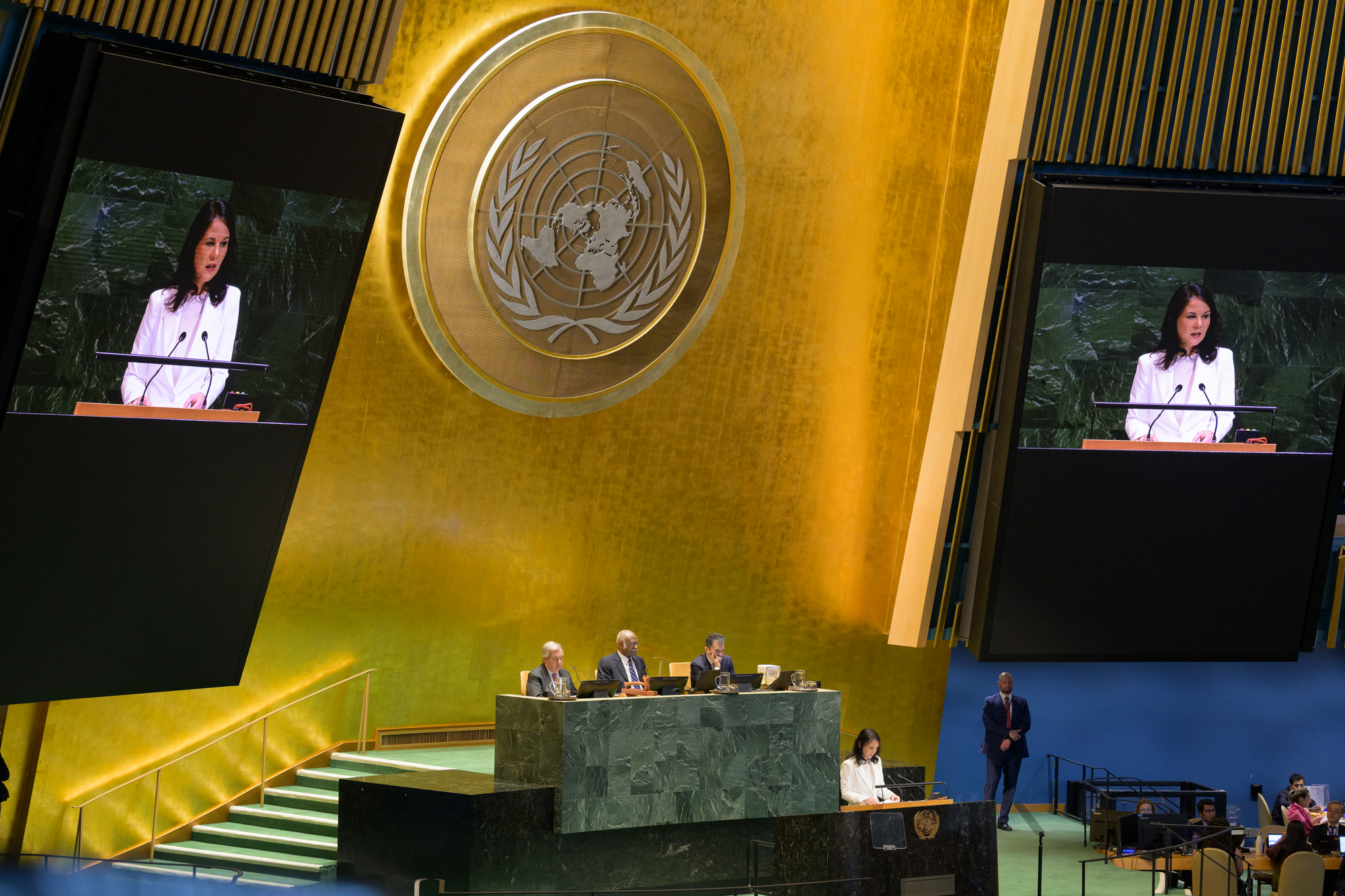A group of European banks has launched plans for a MiCAR-compliant euro-denominated stablecoin. Founding members include ING, Banca Sella, KBC, Danske Bank, DekaBank, UniCredit, SEB, CaixaBank and Raiffeisen Bank International.
The stablecoin will leverage blockchain technology to provide a trusted digital payment standard across Europe. The digital currency will enable fast, low-cost, 24/7 payments, cross-border settlements, and more efficient digital asset and supply chain management.
Its introduction is expected in the second half of 2026, with regulatory oversight from the Dutch Central Bank as an e-money institution.
The initiative aims to create a European alternative to US-dominated stablecoins, strengthening Europe’s strategic autonomy in payments. Banks can offer services like stablecoin wallets and custody, boosting adoption and innovation in financial services.
Floris Lugt, Digital Assets lead at ING, highlighted the importance of collaboration: ‘Digital payments can bring transparency and efficiency through blockchain’s programmability and instant settlement. An industry-wide approach is essential, and banks must adopt common standards to succeed.’
Would you like to learn more about AI, tech and digital diplomacy? If so, ask our Diplo chatbot!










